Tehran, Oct 12 (V7N) — Iran has intensified its diplomatic activity across the Middle East in response to the growing threat of Israeli military action. Following a missile attack on Israel by Tehran on October 1, reportedly in retaliation for the deaths of Hezbollah and Hamas leaders, Iran's foreign minister has been visiting Gulf nations, including Saudi Arabia , Qatar , Lebanon , and Syria , to avert any potential attacks on Tel Aviv .
Tehran's goal appears to be ensuring that Israel does not receive military support from U.S. allies in the Middle East. Arab countries, in turn, have publicly stated that Israel will not be allowed to use their airspace for attacks on Iran. Iran's diplomatic efforts also aim to apply pressure on Tel Aviv and prevent counterattacks on its energy infrastructure.
Iranian Foreign Minister Abbas Arakchi met with key figures from several Middle Eastern countries this week, focusing discussions on the Gaza-Lebanon issue and the threat of an Israeli offensive. Sources indicate that Iran has privately warned Gulf nations, including Jordan , Saudi Arabia , the UAE , and Qatar , that any cooperation with Israel, such as allowing the use of their airspace, would be considered an act of war.
Ali Shihabi , founder of the Arabia Foundation , pointed out that Tehran has made its stance clear: any support for Israel could lead to retaliatory actions by Iran’s regional allies, particularly armed groups in Iraq and Yemen . Gulf nations have responded by emphasizing their neutrality, with Saudi Arabia , UAE , and Qatar all issuing statements that their airspace would not be used for Israeli strikes.
This diplomatic scramble reflects Iran's broader strategy to strengthen its position in the Middle East and prevent escalation, while also warning U.S. allies to stay out of any potential conflict.
END/RH/AJ



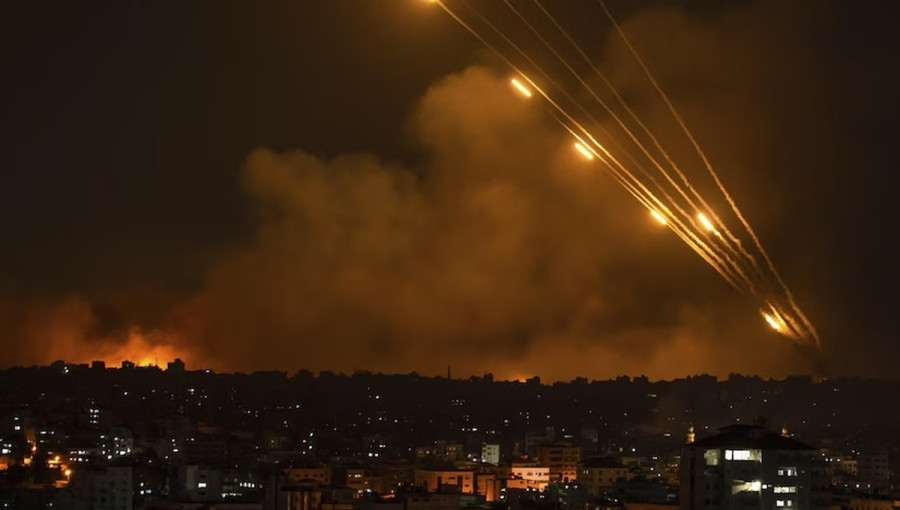
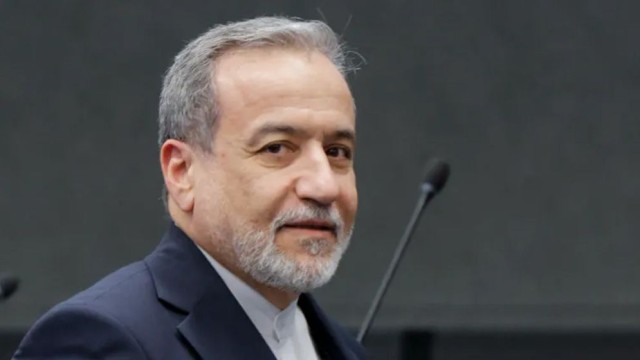
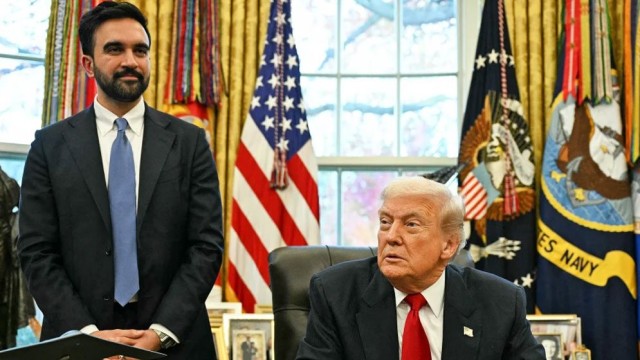
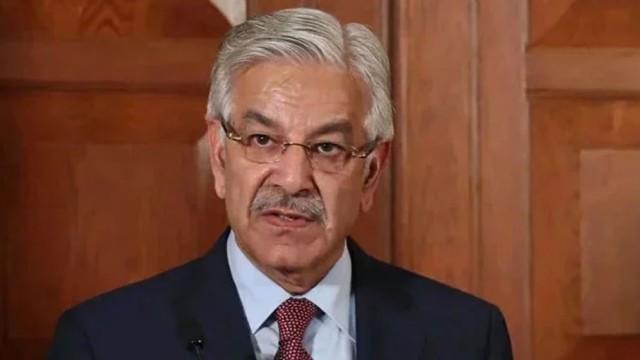
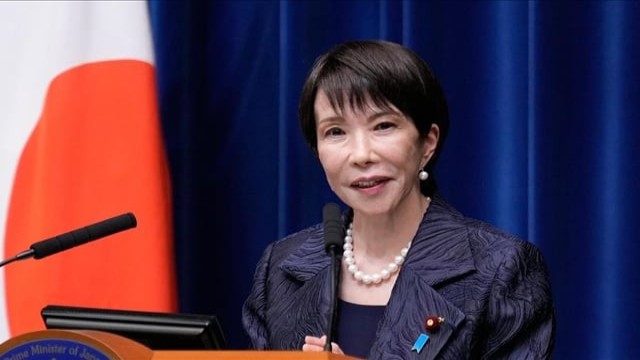
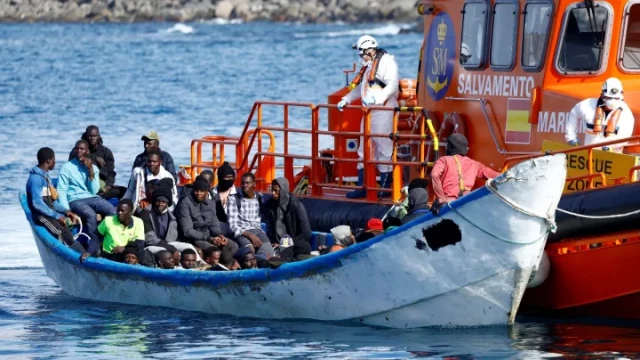
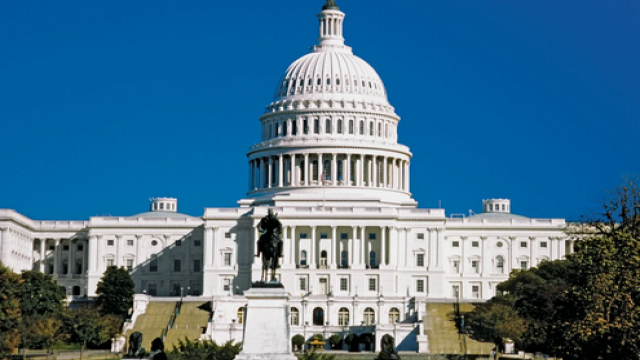
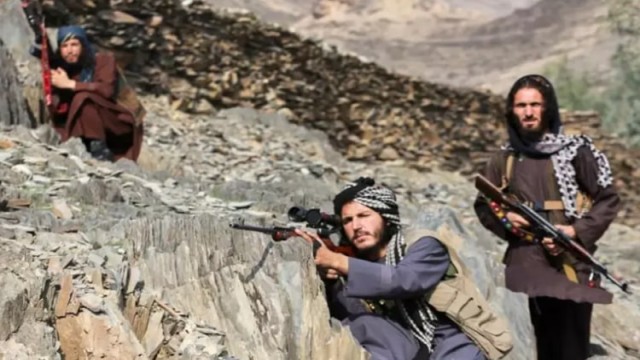


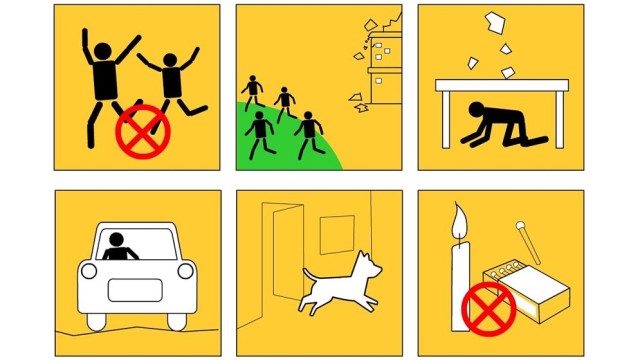



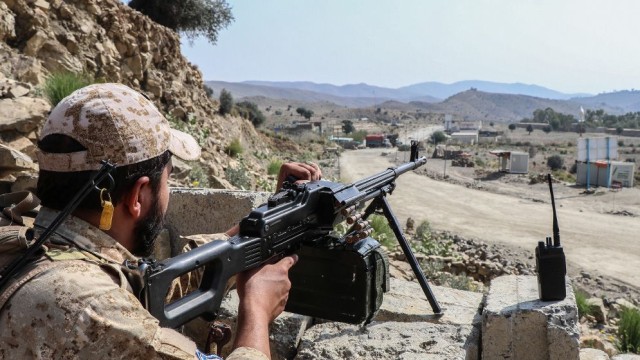













Comment: